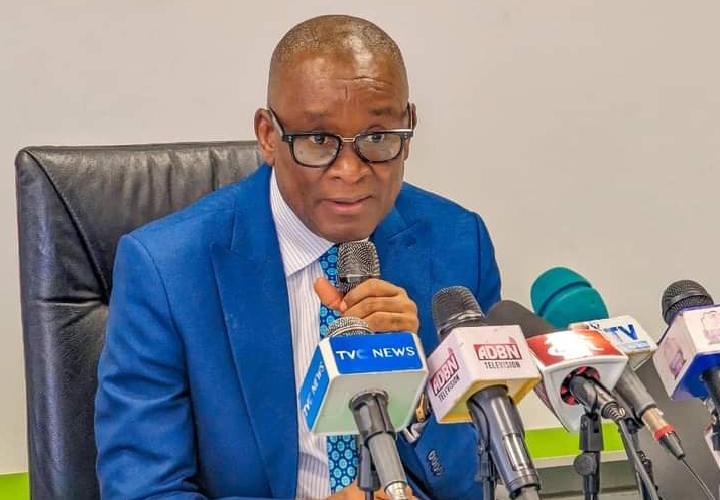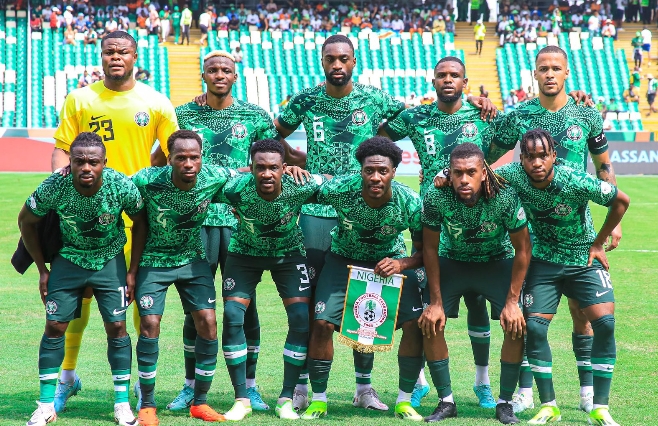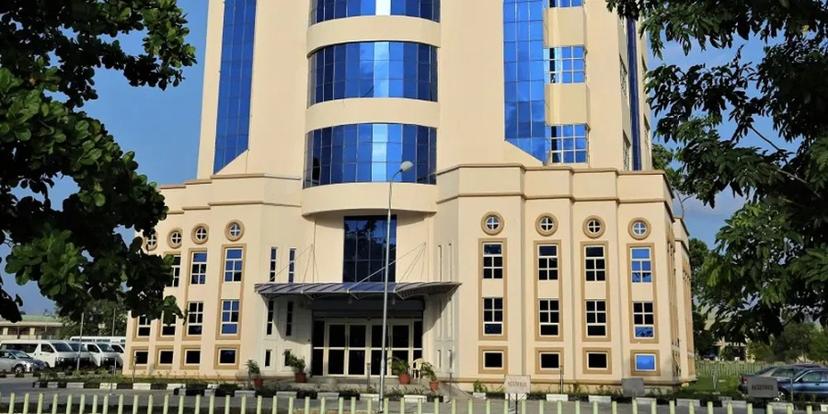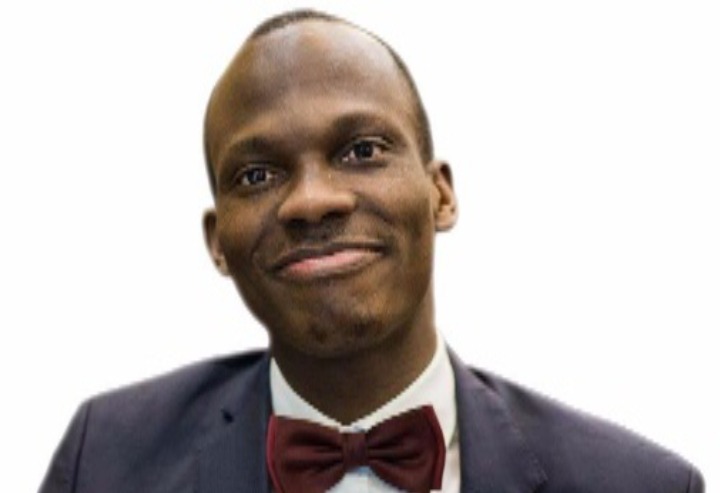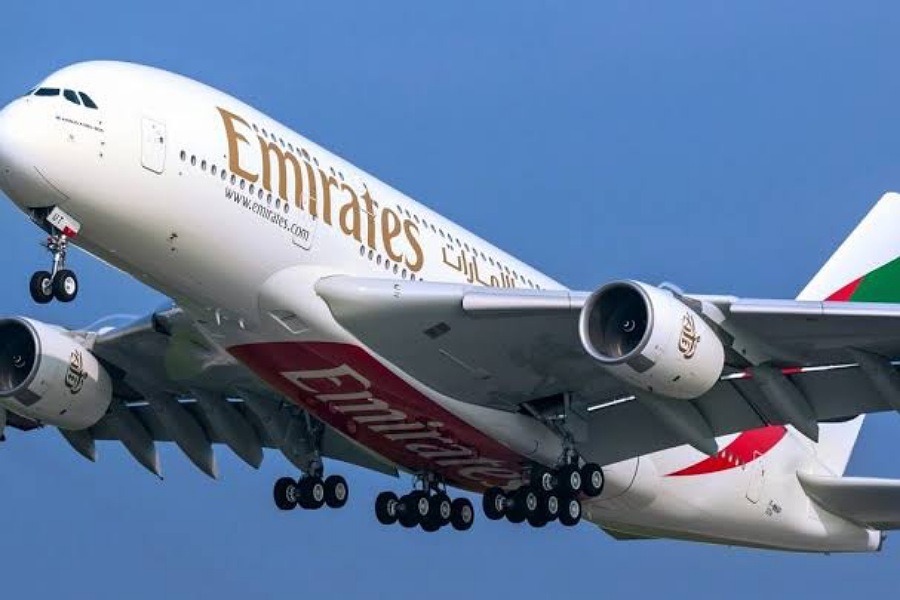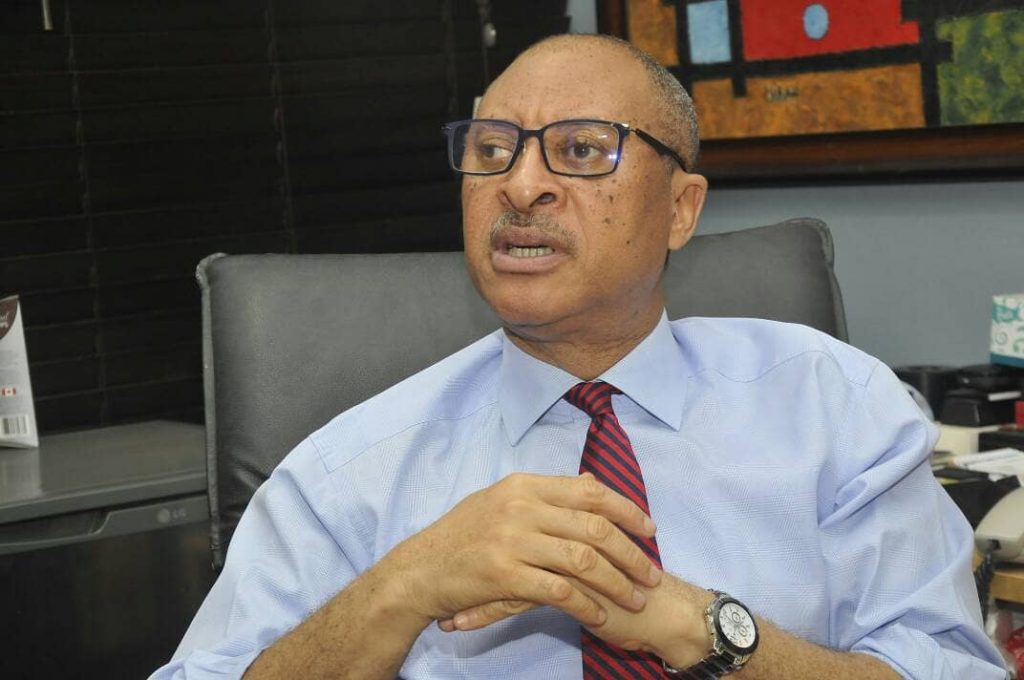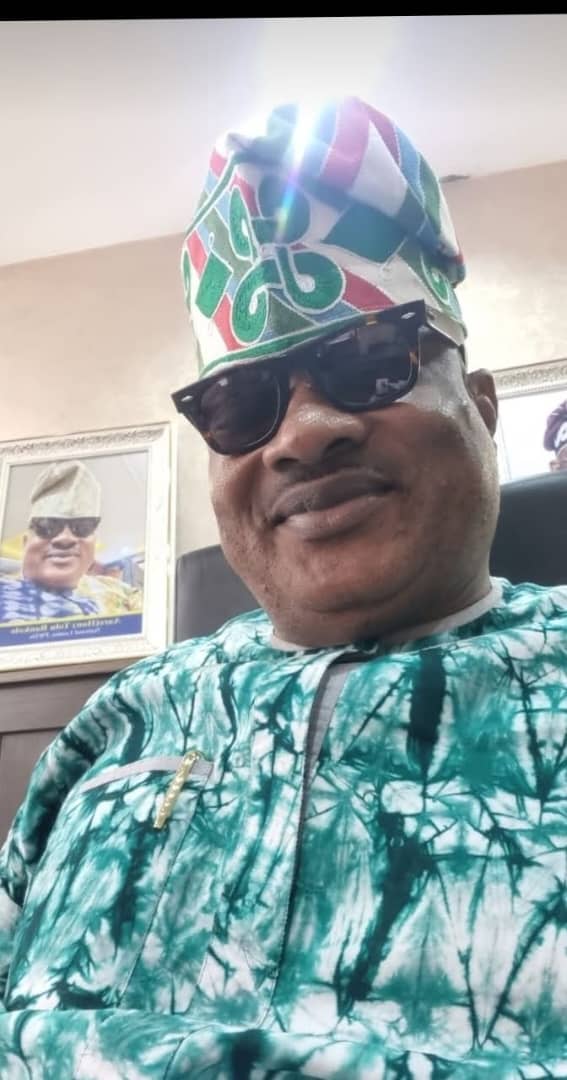As Nigeria approaches yet another independence anniversary, it stands at the precipice of profound transformation. Endowed with immense natural resources, a dynamic youth population, and an entrepreneurial spirit that is palpable across every sector, the nation possesses unparalleled potential. Yet, Nigeria’s story—though rich in achievements—is still overshadowed by a persistent set of challenges that have stifled its progress. At this critical juncture, what Nigeria demands is not continuity or a repetition of old patterns, but a bold and radical commitment to transformative leadership. The type of leadership that does more than manage or mitigate problems but serves as a catalyst for meaningful and lasting change across government, the private sector, and civil society.
The challenges facing Nigeria today are multifaceted and cut across every sector of society. These obstacles require not just innovative solutions but principled and adaptive leadership. In government, issues such as transparency, governance, and inefficiency continue to erode public trust, hindering the implementation of policies that could propel the nation forward. The private sector struggles under the weight of infrastructural deficits, restrictive regulatory frameworks, and limited access to financing, all of which stymie entrepreneurship and curtail economic diversification. Meanwhile, the third sector, which is crucial for social progress, often grapples with inadequate funding, poor coordination, and an inability to scale initiatives that could drive meaningful impact.
Yet, the time for change is now. Nigeria is not the first country to grapple with these types of challenges. Nations across Africa, Asia, and beyond have faced similar hurdles, but some have emerged stronger by embracing leadership models rooted in innovation, adaptability, collaboration, and ethical governance. From South Korea’s meteoric rise from poverty to private sector success stories globally, valuable lessons abound. By applying these insights and strategies, Nigeria can not only overcome its current challenges but also lay the foundation for a more prosperous, equitable, and inclusive future.
Leading Through Innovation and Adaptability: The Case of South Korea
One of the most pressing challenges for Nigerian leaders is the need to create an environment that fosters innovation, particularly in the private sector. South Korea’s dramatic transformation from one of the poorest nations in the 1960s to a global economic powerhouse by the 21st century is a testament to the power of strategic leadership, adaptability, and collaboration. At the heart of this transformation was a robust innovation ecosystem built through public-private partnerships and heavy government investment in infrastructure and research and development (R&D).
For Nigeria, emulating South Korea’s approach could be a game-changer. Establishing innovation hubs that integrate government, academia, and the private sector could ignite an ecosystem that encourages entrepreneurship, technological advancement, and economic diversification. Already, Nigeria’s burgeoning fintech industry demonstrates the country’s entrepreneurial potential, but to truly thrive, this potential needs to be matched by supportive infrastructure. Leaders must eliminate the regulatory hurdles that hinder startups and provide the necessary mentorship, resources, and financing to spur innovation.
A prime example of this could be the tech industry in Lagos. By creating special economic zones for tech startups and offering tax incentives, Nigeria could foster an environment similar to Silicon Valley, where innovation thrives through collaboration between government bodies, universities, and private enterprises.
Ethical Leadership and Governance: The Role of the Private Sector
Nigeria’s governance challenges have often been attributed to the public sector, but the private sector also has a crucial role to play in promoting ethical leadership. Ethical leadership is not just about avoiding corruption; it is about instilling a culture of accountability, transparency, and fairness at every level of operation. Take, for instance, the example of Unilever, a global consumer goods company that has embraced ethical leadership as a central tenet of its business strategy. By prioritising sustainable sourcing, corporate transparency, and environmental stewardship, Unilever has built trust with both consumers and investors while delivering long-term profitability.
Nigeria’s private sector can lead by adopting similar practices. By embedding ethics into their core operations—whether through sustainable business practices, fair labor conditions, or non-interest financial models—companies can attract not only customers but also investment from international markets that prioritise corporate social responsibility. In a country where many citizens are disenfranchised by both government and business, ethical leadership in the private sector has the power to restore trust and catalyse national progress.
For instance, Nigeria can draw inspiration from the growing global movement towards ethical finance, particularly non-interest finance models. These finance systems, grounded in ethical principles, can provide alternatives to traditional interest-based lending. By promoting non-interest finance, Nigerian banks and financial institutions could help bridge the gap for individuals and businesses that are often excluded from traditional financial services. Not only does this promote financial inclusion, but it also aligns with the ethical governance principles that the country needs to adopt across the board.
Social Entrepreneurship and Grassroots Empowerment: Insights from India
Social entrepreneurship is another avenue through which Nigerian leaders can drive both social progress and economic development. India’s microfinance revolution offers a compelling example of how grassroots empowerment can lead to transformative change. Organisations like the Grameen Bank and India’s numerous microfinance institutions have brought millions of underserved individuals into the formal economy, providing them with access to credit, which in turn has allowed small businesses to thrive and entire communities to uplift themselves from poverty.
Nigeria, with its vast rural population and significant socio-economic disparities, is ripe for a similar movement. Nigerian leaders—both in government and the private sector—must prioritise policies that facilitate access to microfinance for underserved communities. Training and development initiatives that equip local leaders with the skills needed to drive economic empowerment will be essential. By empowering communities to develop their own solutions—through access to education, capital, and entrepreneurial skills—Nigeria can foster a sustainable model of development that not only reduces dependence on government aid but also promotes inclusive economic growth.
Collaboration and Strategic Partnerships: Learning from Singapore
Singapore, a small island nation with virtually no natural resources, offers one of the most powerful case studies on the importance of collaboration and strategic partnerships. Under the visionary leadership of Lee Kuan Yew, Singapore transformed itself into a global financial and technological hub in a matter of decades. This transformation was made possible through the government’s strategic partnerships with multinational corporations, academic institutions, and civil society organisations. Singapore’s model underscores the importance of recognising human capital as the most valuable resource for any nation.
In Nigeria, collaboration across sectors is not just important—it is essential. The government cannot single-handedly deliver development, and the private sector cannot flourish in isolation. Joint ventures between government, businesses, and civil society can drive progress in key areas such as infrastructure, technology, and education. A clear example of this would be addressing Nigeria’s energy crisis. A public-private partnership could leverage both government policy and private sector expertise to develop sustainable, long-term solutions to Nigeria’s persistent electricity shortage. This would not only boost the country’s industrial capabilities but also improve the quality of life for millions of Nigerians.
Leadership in Times of Crisis: Navigating Nigeria’s Headwinds
Crises, whether economic, political, or environmental, test the mettle of a nation’s leaders. Nigeria, like many other nations, faces numerous headwinds, from economic instability and political unrest to global shifts in trade and climate change. The COVID-19 pandemic revealed the vital importance of agile, responsive leadership during times of crisis. Leaders must not only make quick, informed decisions but also communicate effectively with stakeholders to ensure trust and cooperation during difficult times.
Agility, decisiveness, and clear communication will be critical traits for Nigeria’s leaders as they navigate the complex challenges of the future. Leadership development programs must focus not just on strategic long-term thinking but on equipping leaders with the crisis management skills they will need to respond effectively to emerging challenges. Training leaders in these skills will build resilience at all levels of government, business, and civil society, ensuring that Nigeria is prepared not just to survive but to thrive in an increasingly unpredictable global landscape.
A Call to Action: Thriving Amidst Challenges
To thrive amidst these challenges, Nigerian leaders must adopt a forward-looking, transformative leadership model that benefits everyone—from large corporations to small businesses, from individual citizens to entire communities. This leadership model should promote sustainable development, good governance, and inclusive growth.
The creation of innovation hubs is one critical step. By bringing together government, businesses, and academic institutions, Nigeria can foster an innovation ecosystem similar to Silicon Valley. Lagos, for instance, has the potential to become a global tech hub if public-private partnerships provide the necessary incentives, support, and infrastructure for startups to thrive.
Ethical leadership must also become the cornerstone of governance at all levels—both public and private. By establishing independent anti-corruption bodies and implementing rigorous accountability measures, Nigeria can rebuild public trust, attract foreign direct investment, and create a more stable, resilient economic environment. Leaders across sectors should embrace ethical business models, such as non-interest finance, that promote financial inclusion while adhering to ethical principles.
Social entrepreneurship, too, must be a priority. Providing access to microfinance, training, and capital for rural entrepreneurs will empower communities, create jobs, and drive inclusive growth. Local governments could partner with non-governmental organisations to support female entrepreneurs in northern Nigeria, helping to address both gender inequality and stimulate local economies.
Collaboration between sectors is another critical component. Leaders must form partnerships between government, businesses, and civil society to accelerate development in key areas such as infrastructure and education. These partnerships could take the form of joint ventures, with the government providing policy frameworks and private firms contributing expertise and funding to sustainable infrastructure projects.
Transparency and accountability must be central to leadership priorities. By implementing clear checks and balances and leading by example, Nigerian leaders can build a more efficient, trustworthy public sector that fosters confidence among both citizens and investors.
Lastly, crisis management capabilities must be strengthened at all levels of leadership. Training programs should focus on equipping leaders with the skills needed to navigate crises effectively. This could involve crisis simulation exercises at the local government level to prepare officials for making rapid decisions in times of economic downturns, pandemics, or natural disasters.
In conclusion, Nigeria stands at a pivotal moment in its history, with enormous opportunities for growth and transformation. By embracing a leadership model that prioritises innovation, ethical governance, collaboration, and grassroots empowerment, Nigeria can overcome its current challenges and become a beacon of progress in Africa. The journey ahead will undoubtedly be demanding, but with visionary leadership and a collective commitment to change, the dawn of a new era for Nigeria is within reach. Now, more than ever, leaders across government, business, and civil society must rise to the occasion and work together to create a future where every Nigerian has the opportunity to thrive.
Alim Abubakre is the Founder and Non-Executive Chair of TEXEM; He is a Senior Lecturer at Sheffield Business School, UK.

